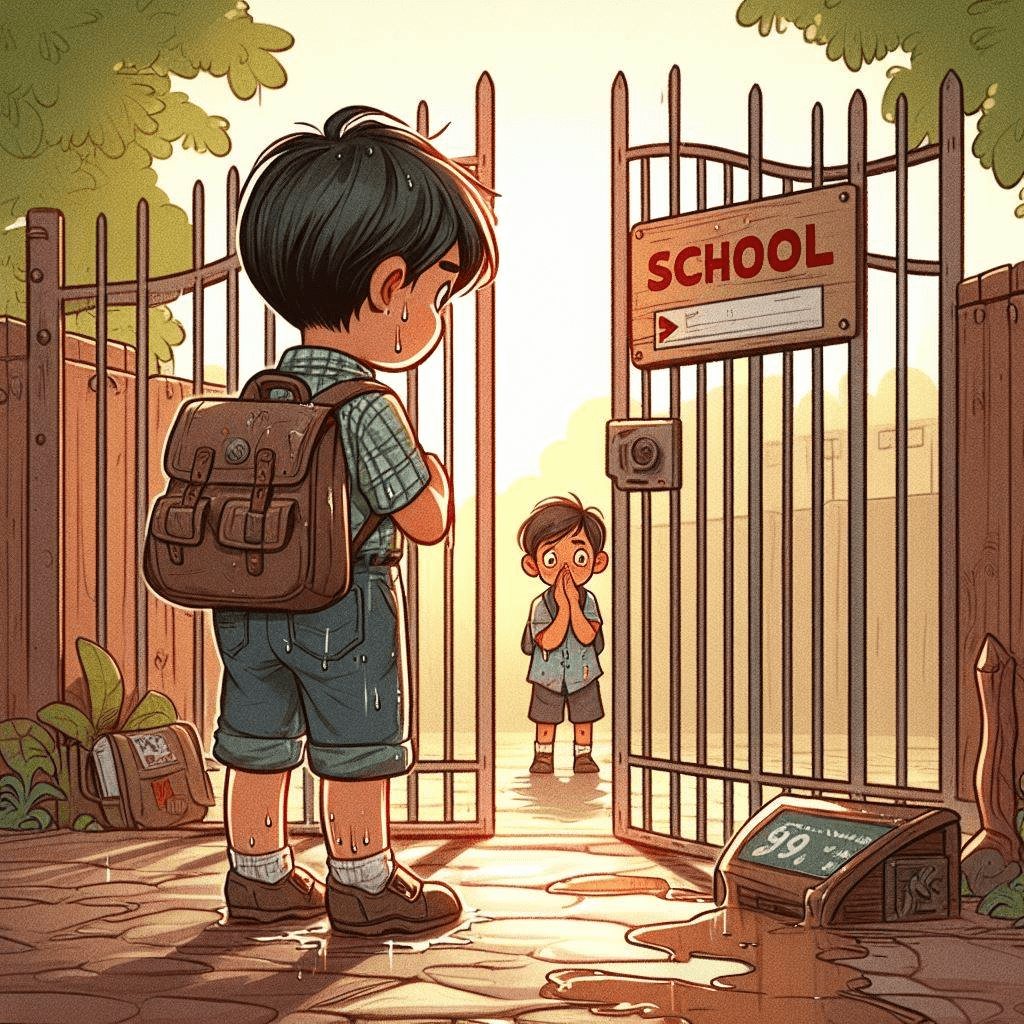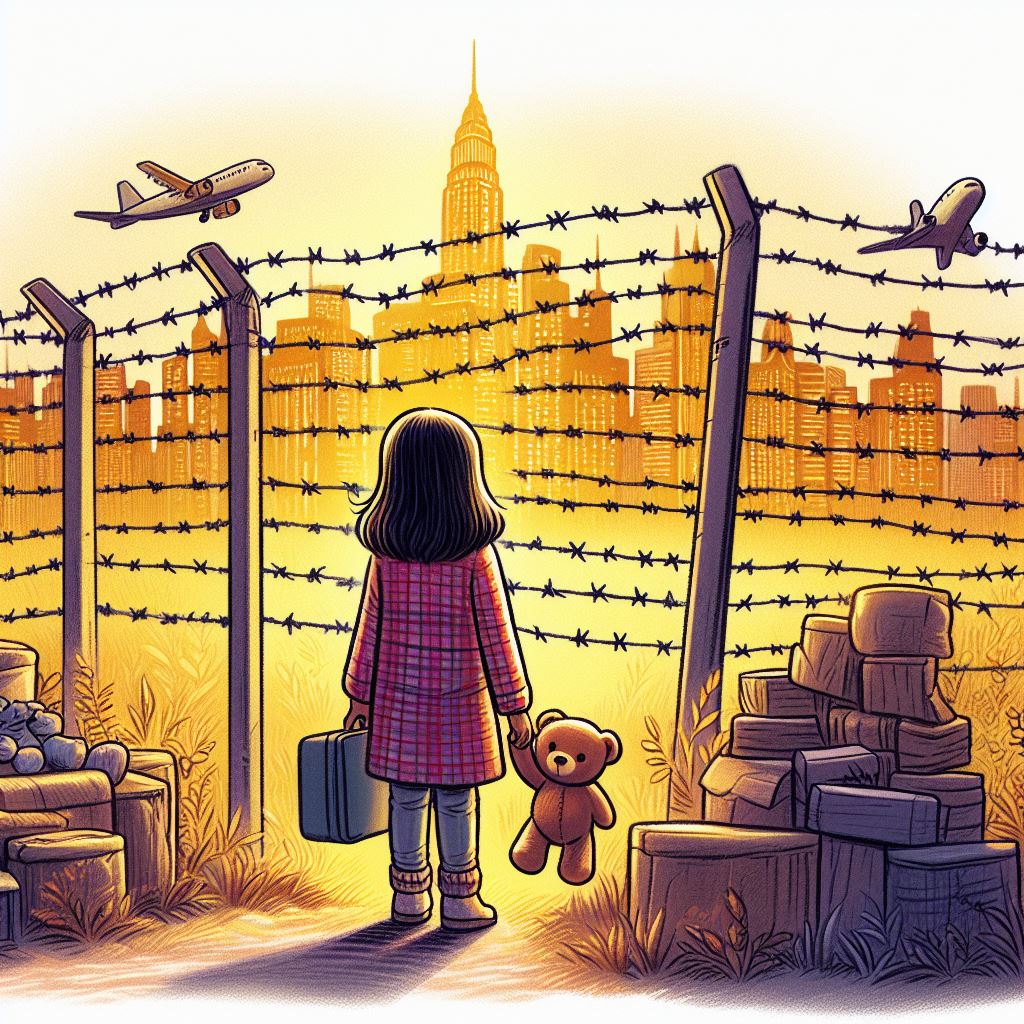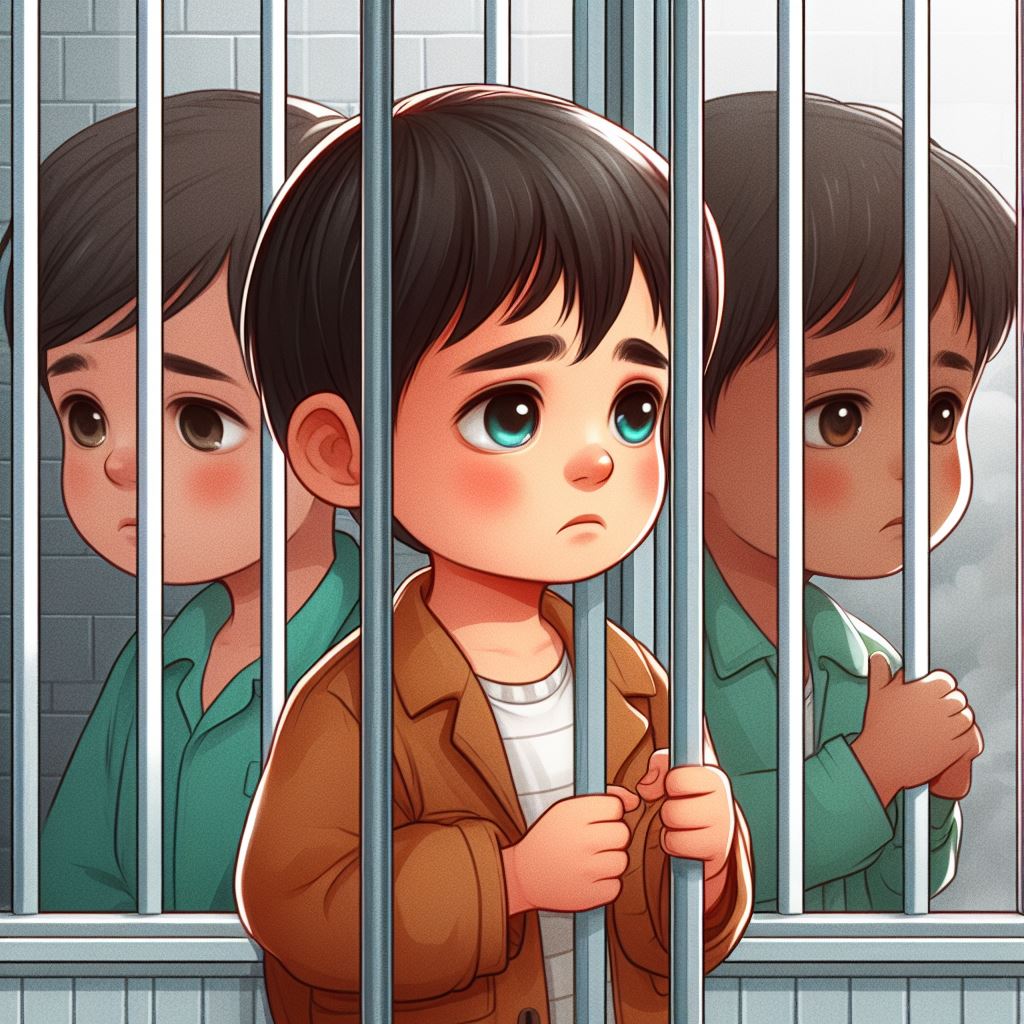Out-of-school Children statistics
United Nations International Children Fund (UNICEF) stated that Pakistan has the second-highest number of out-of-school children (OOSC) with a staggering number of 22.8 million children having age between 5-16 years. It represents 44 percent of the total population of this age group.
There is no universal definition of out-of-school children, however, such children who are within the official age range for primary education (5-16 years in Pakistan) and not enrolled in school.
In the world, especially in South Asia, Pakistan is highly criticized for a large number of children not attending school and missing basic primary education. This increase is happening because our education policies are not working well, their implementation is lacking, and our education infrastructure needs to be carefully examined and improved. This increase is happening because our education policies are not working well, their implementation is lacking, and our education infrastructure needs to be carefully examined and improved. There are different reasons for children dropping out of school.
Reasons for Out-of-School Children
Poor Quality of education
Parents want free and good-standard education. They are worried about quality education in schools, which is a big reason that children are leaving schools. Despite being costly, private schools lack standard education. The high cost of private education is making it financially burdensome for parents to enroll their children in private institutes. Even though there are worries, private schools are getting more students and growing their businesses quickly. It makes us wonder why private schools are becoming more popular than regular schools.
Prevalence of Corporal punishment
Corporal punishment is also one of the main reasons for dropping out of children’s school. School leaders are not maintaining checks and balances in private schools, and children are punished physically, psychologically, and emotionally. Children get hurt due to these punishments and get scared of going to school. It is a big reason that kids decide to stop going to school.
Parent-teacher communication Gap
In many rural areas, parents may need help understanding the importance of their involvement in their children’s education. They do not interact with the teachers on a regular basis. It creates a gap between teachers and parents and creates many problems. Parents don’t get the idea of how their child is struggling in class, and teachers do not know the problems a child is facing at home. This lack of communication can make parents feel unsure about their child’s education, leading to feelings of insecurity and mistrust, which can become a big reason for children being out of school.
Misperceived disadvantages of education
In Pakistani society, many people believe that learning practical skills and getting training will provide them with long-term advantages to escape poverty and fulfill their basic needs. They do not see the immediate benefits of education. It happens in rural areas where resources are scarce, and people have to work extremely hard to earn a living. In such places, there’s a common belief that being educated or not makes little difference. People think that whether you can read and write or not, you’ll still struggle to find a job. It is the reason parents hesitate to invest in children’s education, wondering if it will truly make their lives better.
Reluctance to invest in Education of female
Pakistani society is highly patriarchal. That’s why men are considered dominant, and women are hindered back. Usually, parents encourage their sons to take the lead, and girls are held back. It creates a big gap in the society. Due to this, many families don’t prioritize educating their daughters. Instead, they prefer to marry them off at a young age. Even after marriage, women are usually expected to stay at home and take care of the household rather than pursue a career or further education.
Inclination towards Madrassa education
Madrassas (religious schools) culture is widespread in Pakistan. Many parents prefer Madrassas because they are less expensive than other types of schools. They see them as places where their children can quickly learn about religion and become religious leaders or scholars. Because of this, some parents choose to take their children out of regular schools and enroll them in Madrassas instead. However, many parents prefer this religious education; many prioritize a more traditional, non-religious education for their children.
Poor conditions of public schools
Many government schools, especially those in rural areas, have serious problems with their facilities and infrastructure. This includes not having enough classrooms or desks, poor sanitation systems, and a lack of proper management. Additionally, the staff and teachers often aren’t well-trained, which means they may not be able to provide quality education. All of these issues make it difficult for children, especially girls, to attend these schools and get a good education.
Expensive private schools
In Pakistan, the private and public sectors of education are extremely different. Many parents choose to send their children to private schools because they believe they offer better quality education. However, these private schools often have high fees and additional charges that can be hard for some families to afford. This situation leads to discrimination in the education system because not all families can afford the high costs of private schooling, which means some children miss out on better educational opportunities.
Poverty
Poverty is also a great factor for out-of-school children. Families are living from hand to mouth and are hardly earning their livings. In such a scenario, educating children gets secondary importance. Poor parents prefer to avoid sending their children to institutes to get an education. Instead, they prefer sending their kids to learn skills or technical work that requires spending less money and less short-term time. Unfortunately, a large number of families in Pakistan live in poverty and struggle to meet even their basic needs, making it difficult for them to prioritize education for their children.
Conclusion
Education shapes societies and individuals. Children who are out of school affect their own growth and the socioeconomic development of society. They miss opportunities for personal growth and struggle in their later life. Education enables youth to become active and informed citizens. They participate in bringing about change in society. Thus, ensuring access to quality education is crucial for both societal progress and individual development.











